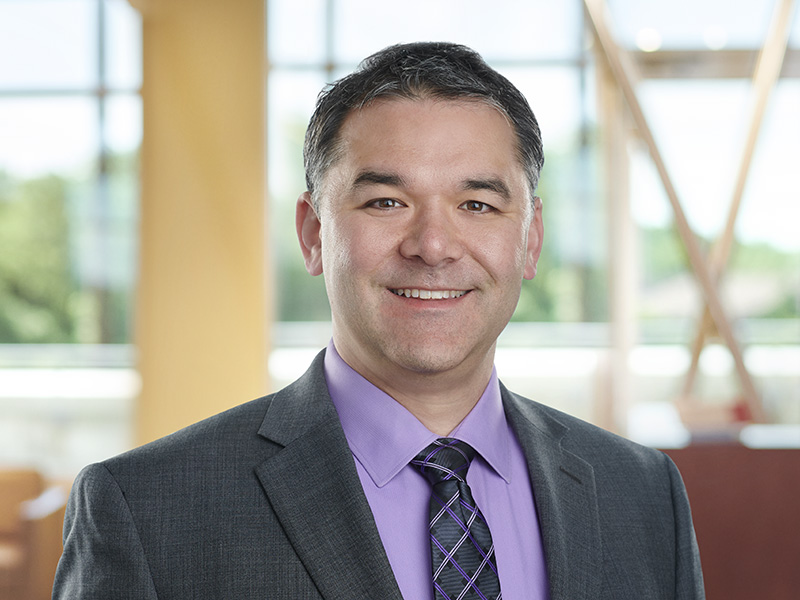It is again that time of year when many young adults leave home for college or a gap-year. This often leaves many parents with troubled thoughts. What may happen if their child gets sick or hurt while at college or while traveling? Who will the doctor contact? Who is authorized to make healthcare decisions if the child is incapable of making decisions? Without clear instructions precious time may pass before action can be taken. To avoid delay and uncertainty there are two Estate Planning documents every adult should have – a Power of Attorney and a Health Care Directive.
Most college-bound children are adults (18+) which means they have the legal capacity to execute a Power of Attorney (“POA”) and a Health Care Directive (“HCD”). These documents are typically considered Estate Planning documents, but they can serve an important role in alleviating the concerns of both the parent and the child if the unthinkable occurs. These new adults want to make their own decisions, but it is a good idea to have a backup plan in case of emergencies.
Health Care Directive
A Health Care Directive (“HCD”) nominates a Health Care Agent(s) who may make medical decisions in the event the child (the principal) is incapable of making their own health decisions. Young adults between 18 and 25 are at high risk of injury due to an accident. Having a HCD in place can increase the chances of favorable outcomes if an accident should occur and the child is incapable of making health decisions.
Power of Attorney
A Power of Attorney (“POA”) nominates and empowers an individual (typically a parent in these situations) to act on behalf of the child in a fiduciary capacity to sign legal document (e.g., a lease). This power can also be used to pay bills or buy/sell assets. On the other hand, the child may be concerned it gives the parent too much access to their information such as their grades at school. Many educational institutions do not disclose a student’s grades without the student’s permission.
A HCD and POA are relatively simple Estate Planning documents which usually do not require a significant amount of consideration. A young adult typically knows who they would nominate to direct their medical care or manage their financial affairs in case they cannot. Completing these documents may be more valuable to the parent than the child.
If you have any questions regarding these documents or estate planning in general, please contact attorney Karl Tsuchiya at [email protected] or 952-460-9271.


